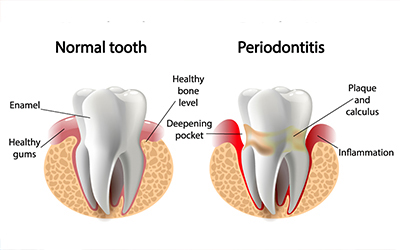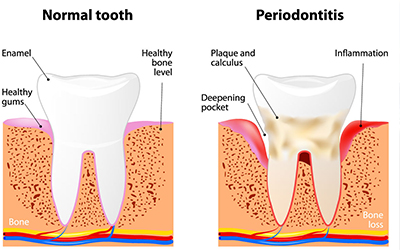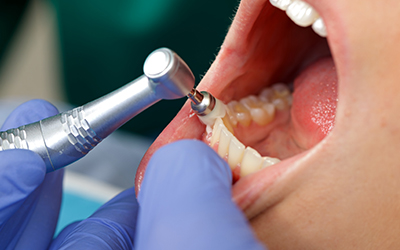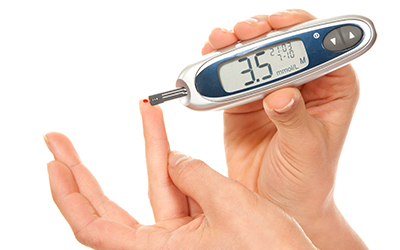DO:
- Apply ice to your face (20 minutes on/10 minutes off) for a total of 48 hours.
- Drink ice water or use ice chips in your mouth for the first 24 hours.
- Change your gauze every 20-30 minutes following surgery. Remove the gauze that was placed, replace it with a new piece out of the packet you were given, fold into quarters, moisten it in cold water and gently bite down, which will apply pressure on the surgical site. Continue this process for the first few hours or more if needed.
- Eat soft foods for about 1 week (chewing away from the surgical area). Soft, cool, bland foods are recommended (i.e., pasta, chicken, eggs, yogurt, ice cream). Foods that are hot or spicy may encourage bleeding. Avoid crunchy foods such as pretzels, crackers, and chips which may irritate tissue and become lodged in the extraction site.
- Sleep with head elevated for 1-2 nights following surgery.
- Gently rinse (not vigorously) with water after each meal to cleanse the surgical wound-you can use salt water or diluted Listerine or Peridex as directed.
DO NOT:
- DIRECTLY CHEW IN AREA OF EXTRACTION!
- Brush the area of surgery for 1 week or until instructed to do so. Using moist gauze to clean the area is best.
- Drink hot liquids for 24 hours following surgery (hot coffee/hot tea/hot soup).
- Drink through a straw for the first week.
- Smoke for at least two weeks following surgery. This will significantly delay healing and may result in considerable post-operative pain.
- Drink alcohol for one week following surgery.
- Exercise for several days following surgery (aerobic activity).
- Wear removable dentures until specified (wearing dentures too early may jeopardize healing).
BLEEDING:
You will see bleeding following surgery. If the bleeding continues, it may be stopped by continuing to apply pressure to the area by gently biting on gauze soaked in cold water and wrung dry. If the bleeding is not controlled by this method, a moist tea bag can be applied in the same fashion. If these methods are not effective, please contact the office immediately.
SWELLING:
- If swelling is going to occur, it will peak 48-72 hours following the surgery, so it is often within normal limits to become more swollen after the first few days.
- If you are swollen after the first 48 hours, heat may be used on the area.
- A moist heated towel or a hot water bottle may be used in the area of swelling after 48 hours.
- In some cases, bruising or restricted jaw movement may occur. Heat after the first 48 hours will help reduce these symptoms.
SUTURES:
- Sutures will be present in your mouth following surgery.
- Avoid the area of the sutures.
- These will be removed in approximately 14 days following the surgery.
MEDICATIONS:
- Use medications as prescribed.
- If an antibiotic prescription is given to you, please fill it and take it exactly as prescribed.
- If you have mild discomfort, take non-prescription medications that do not contain aspirin, such as Tylenol or Advil.
PLEASE NOTE:
For those patients taking bisphosphonates- these medications appear to adversely affect the ability of bone to remodel itself, thereby reducing or eliminating its ordinary healing capacity, which may result in osteonecrosis. This risk can increase after surgery that involves bone, such as extractions or periodontal surgery. Osteonecrosis of the jaw can occur spontaneously and may not be related to any dental treatment rendered. If you have any questions or concerns, please call the office.
Articles
OUR Blog
Allow our family dentistry clinic to care for your oral healthcare needs with our comprehensive list of services, including dental crowns, dental restorations, teeth extractions, teeth cleaning & examination, teeth whitening, etc. In addition, we also offer essential dental care services such as dentures, partial dentures, veneers, and dental implants. Learn more about these dental services and trending oral healthcare topics in our monthly blog.










